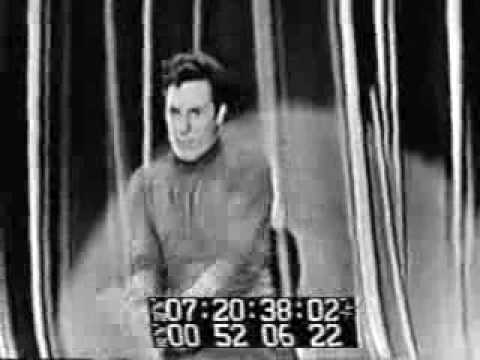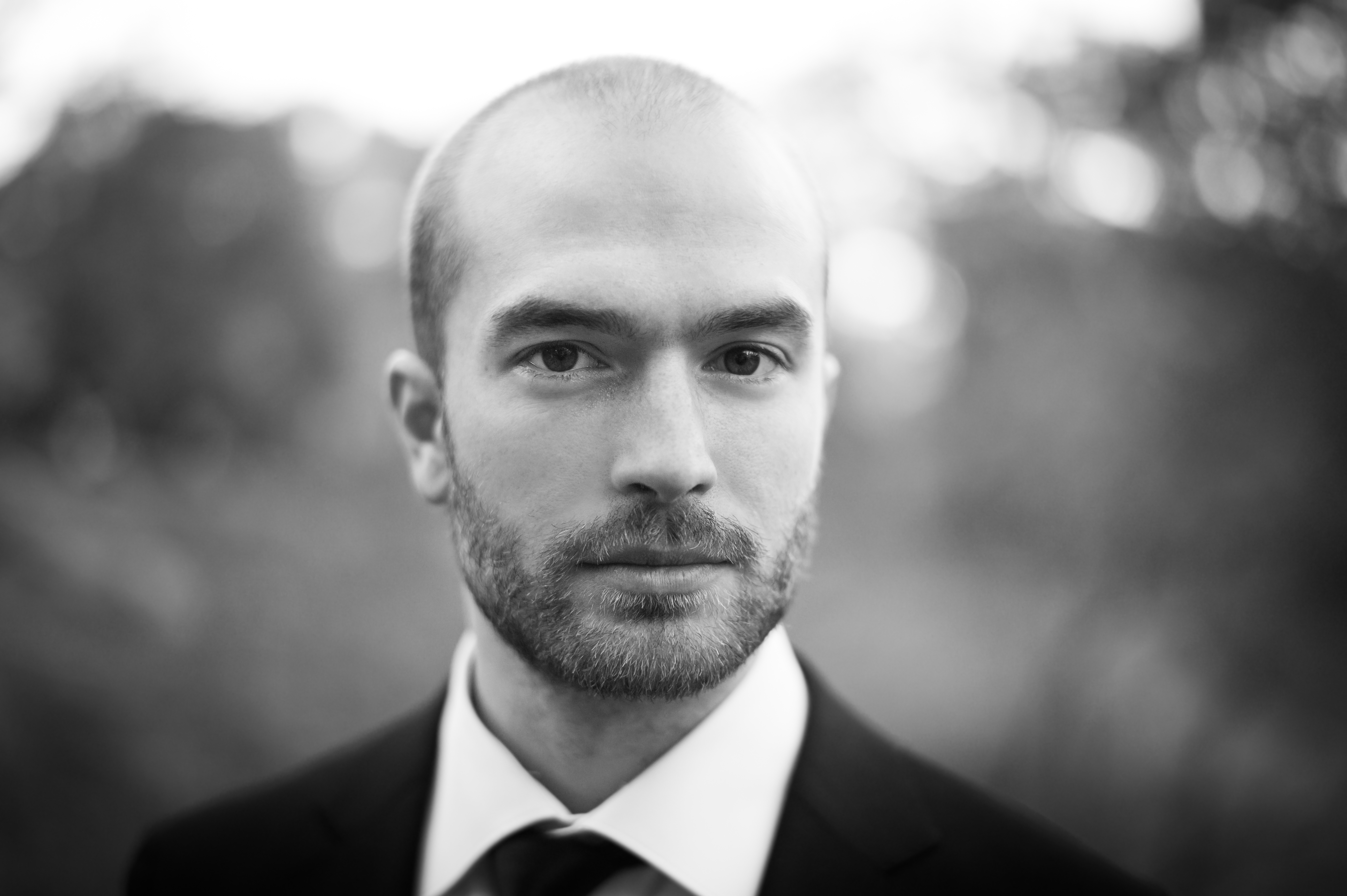I felt it necessary to write about the power and magic of “Soliloquy” from Carousel as my first Song of the Day. This epic monologue ends the first act of Carousel, creating suspense and emotion like no other piece I’ve ever performed. Carousel, written in 1945, was the second work by the illustrious creative team of Richard Rodgers and Oscar Hammerstein II. This story is about a carousel barker Billy Bigelow, who falls in love with a millworker, Julie Jordan. Their love and lives aren’t perfect and together, due to economic strife, they lose their jobs. Billy’s fear of failure and lack of self-worth pushes him to commit a robbery to provide for Julie and their unborn child. After it goes wrong, he’s given a chance to make things right. Richard Rodgers later wrote that Carousel was his favorite of all his musicals. “Soliloquy” describes feelings, dreams and the inner plight of a man who wants to be good, but is hamstrung by his failures and projected self-worth. Singing “Soliloquy” is not only a musical performance, but an entire life’s journey in one song.
My first introduction to this piece was when I was 18 years old. It was my senior year in high school, and my choral director chose me to play the role of Billy. I was afraid to memorize all of the text and did not know how to understand this complex character. Following weeks of rehearsals and deep soul searching, I found it wasn’t so difficult to become Billy. Through Rodgers music and Hammerstein’s words, I experienced the power that true drama and the human voice can have from the stage. “Soliloquy” taught me the depth of my voice, its strength, sensitivity and ability to connect to an audience. It also taught me that I had something more to offer as a singer. I remember the sound team having to turn down the microphones to accommodate my full voice towards the end on the sustained high notes; Clearview Regional High School’s auditorium got a serious dose of opera singing that night.
In much of the ‘Golden Age’ of musical theater, the singers didn’t use microphones. They sang with chest voice, spin and line. When approaching this repertoire, singers should embrace the style of that era, adapting slightly for our current audience’s ear, but not too far off course. “Soliloquy” and the role of Billy Bigelow requires this sound and pathos to be effective. Today opera companies are doing more productions of these great works because they carry such powerful, relatable stories and dramatic, beautiful music.
I’ve chosen a recording of John Raitt as an example of the ‘Golden Age’ sound that I strive for when I sing this repertoire. He was the original Billy Bigelow. He had a ringing baritenor voice that never sounds over covered or manufactured.
I’ve performed this great song dozens of times since high school in recitals. I am hoping to one day have another chance to sing it in its original context; bringing this character back to life and telling his story through my own story and voice.



Thank you for posting this! We went to see Bonnie Raitt tonight for a second time in Austin, Tex. I’d heard from an older friend that her dad had had a wonderful voice.